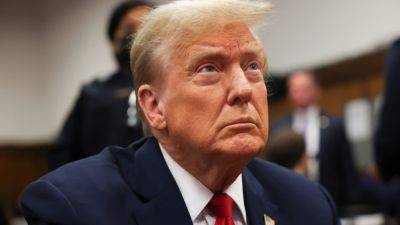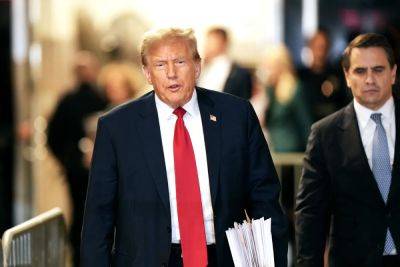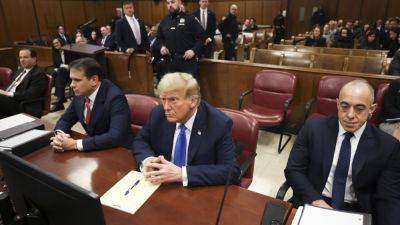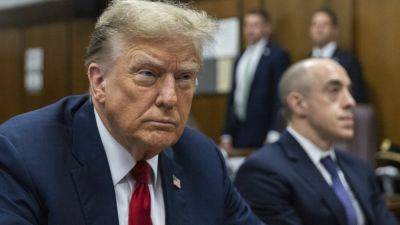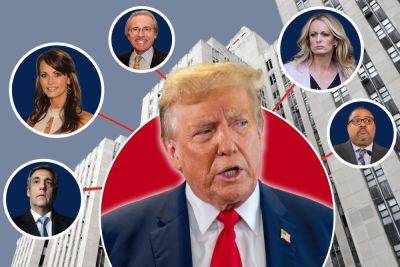As Trump’s hush money case goes to trial, how does jury selection work?
The first criminal trial of a former US president will begin with jury selection on Monday.
The hush money case surrounds 34 charges of business fraud following allegations that Donald Trump instructed staff that hush money payments be logged as legal expenses.
Steve Duffy at Trial Behavior Consulting tells The Independent that because of the demographics of Manhattan, where the trial is taking place, the jury is likely to be left of centre as well as fairly well off and more educated than the country at large.
“One thing to understand, and this is true about a lot of things about the jury system, is that it’s different everywhere,” he says, noting that judges have a lot of discretion on how to conduct the process. “Every state, really every county has different specific procedures for just about everything.”
The process begins with prospective jurors receiving a summons in the mail saying they have been selected to appear, initially either in person or by phone, depending on the area and the size of the venue.
Mr Duffy says that because of the high-profile nature of the case, several hundred jurors may be called, “because there’s going to be tons of potential bias issues”.
When the jurors come to the courthouse, they will head to the jury room, where you wait until you’re called.
Once the jurors are brought into the courtroom, the judge will tell them the rules of the trial.
The prospective jurors will then be asked about one of the two main reasons for being excused from the trial – hardship – which surrounds any reasons an individual may not be able to serve for the duration of the trial.
Jurors will be informed of the estimated length of the trial and asked if they have a compelling reason for not being able to


